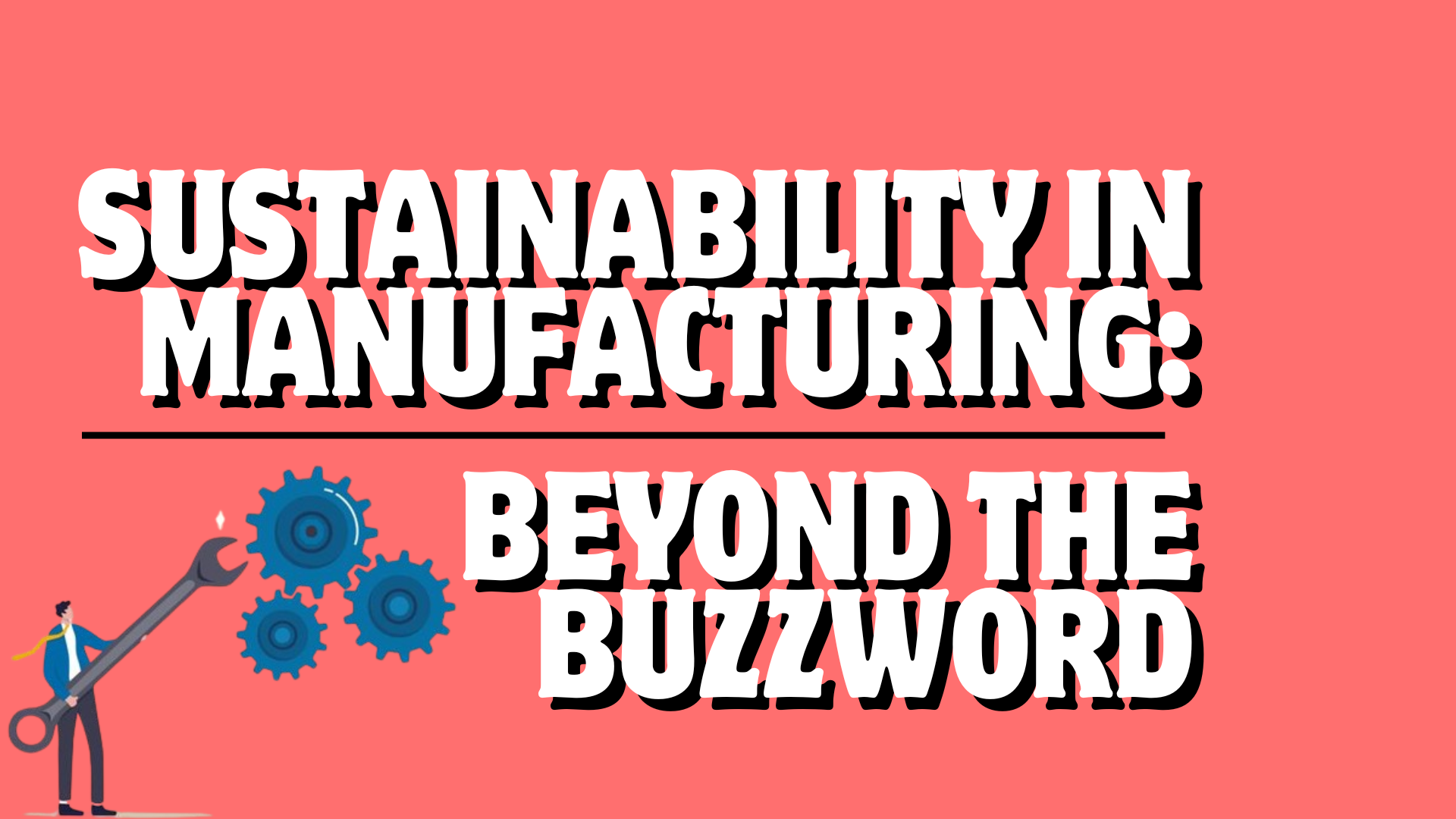In recent years, sustainability has transcended its status as a mere buzzword to become a central pillar in the strategic planning of manufacturing industries worldwide. It’s a comprehensive approach that encompasses environmental, social, and economic dimensions, aiming to meet the needs of the present without compromising the ability of future generations to meet their own needs. This blog post explores how sustainability is reshaping the manufacturing landscape, moving beyond rhetoric to actionable strategies that ensure long-term viability and success.
The Environmental Imperative
The environmental aspect of sustainability in manufacturing is perhaps the most urgent. It involves reducing the ecological footprint of manufacturing processes through various means:
- Resource Efficiency: This entails the efficient use of materials and energy, minimizing waste and optimizing production processes. Advanced technologies such as the Internet of Things (IoT), artificial intelligence (AI), and robotics play a crucial role in achieving higher resource efficiency.
- Renewable Energy Adoption: Shifting from fossil fuels to renewable energy sources like solar, wind, and hydroelectric power not only reduces carbon emissions but can also lead to significant cost savings in the long run.
- Sustainable Supply Chains: Ensuring that materials are sourced responsibly, with consideration for the environmental impact of their extraction, processing, and transportation. This also involves assessing the sustainability practices of suppliers and partners.
Social Responsibility
Sustainability in manufacturing also has a significant social dimension, focusing on the well-being of employees, communities, and society at large:
- Worker Safety and Health: Implementing rigorous safety standards and health programs to ensure a safe working environment. This includes everything from ergonomic workstations to comprehensive health benefits and a culture that prioritizes worker welfare.
- Community Engagement: Building strong relationships with local communities through initiatives that support education, infrastructure, and economic development. This can enhance the manufacturer’s reputation and foster a sense of loyalty among the workforce.
- Diversity and Inclusion: Encouraging a diverse and inclusive workplace where all employees feel valued and have equal opportunities. This diversity fosters innovation and creativity, which are crucial for sustainable growth.
Economic Sustainability
At its core, economic sustainability involves creating value in a way that is financially beneficial while being environmentally and socially responsible:
- Long-term Planning: Moving beyond short-term profits to focus on long-term growth and stability. This includes investing in sustainable technologies and practices that may have higher upfront costs but offer significant long-term benefits.
- Risk Management: Identifying and managing environmental and social risks that could affect the business. This proactive approach helps in mitigating potential financial losses and reputational damage.
- Market Opportunities: Sustainability opens up new markets and opportunities for innovation. Products that are eco-friendly, ethically sourced, and socially responsible can meet the growing demand from consumers and businesses alike for sustainable options.
Moving Beyond the Buzzword
For sustainability to move beyond being a buzzword, it must be integrated into every aspect of manufacturing operations. This requires a shift in mindset, from viewing sustainability as a compliance issue or a marketing strategy to seeing it as a fundamental business practice that drives innovation, efficiency, and long-term success. Key strategies include:
- Setting Measurable Goals: Establishing clear, measurable sustainability targets and regularly assessing progress towards these goals.
- Engaging Stakeholders: Involving employees, customers, suppliers, and the community in sustainability efforts to build a shared commitment to sustainable practices.
- Continuous Improvement: Adopting a mindset of continuous improvement, where sustainability practices are regularly reviewed and updated based on new technologies, regulations, and societal expectations.
Sustainability in manufacturing is not just about reducing environmental impact or enhancing social responsibility; it’s about creating a resilient, innovative, and future-proof business. As manufacturers embrace sustainability as a core value, they pave the way for a more sustainable, equitable, and prosperous world for generations to come.









